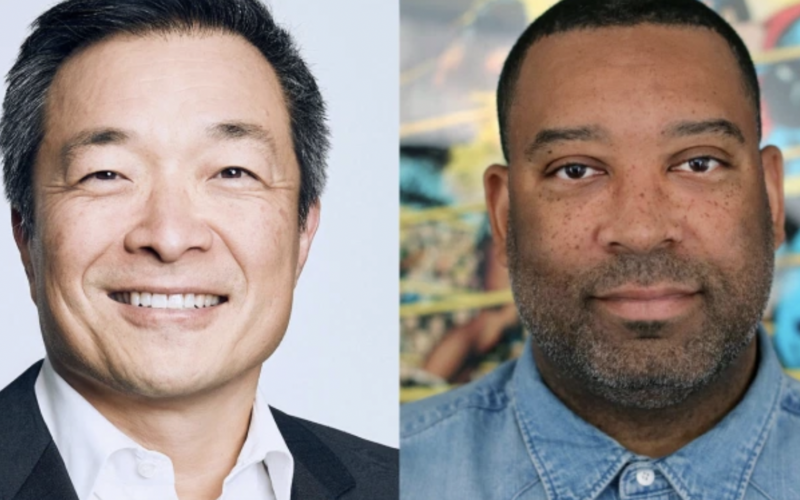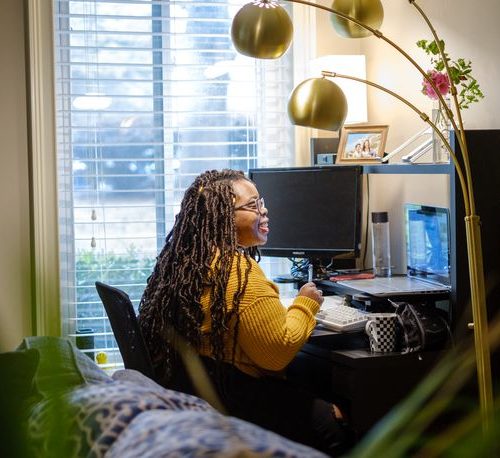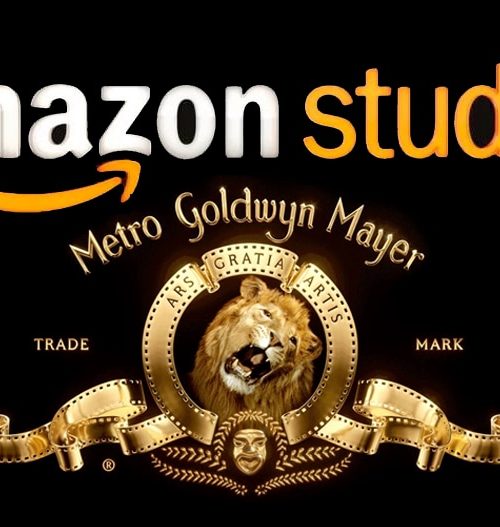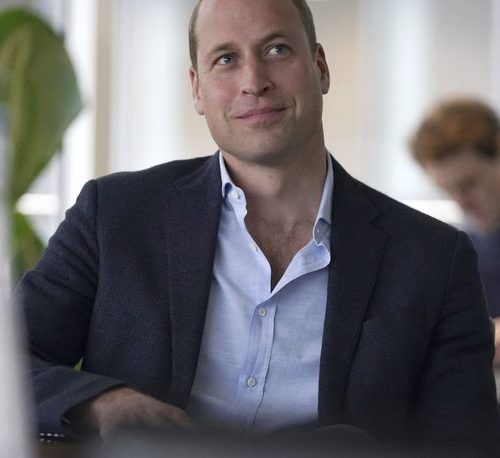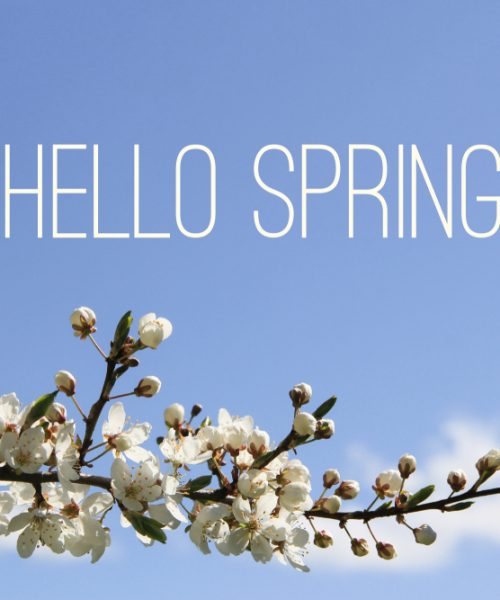BY BORYS KIT | HollywoodReporter.Com
Troy Warren for CNT #business
Chief creative officer Jim Lee and senior vp and general manager Daniel Cherry III share about their responsibility to book shop owners, synergy with films like ‘Suicide Squad,’ WarnerMedia ownership amid a merger and why “fewer, bigger, better” is a guiding principle.
Almost a year ago, DC Comics — the publishing unit behind superheroes Batman, Wonder Woman and Harley Quinn — was hit with a brutal cut that saw one-third of the company ranks wiped out due to broad layoffs at its parent WarnerMedia.
But the Burbank-based comics division, led by chief creative officer and publisher Jim Lee, has been in rebuilding mode, picking up the fallen stalactites of the Batcave and the shattered crystals of the Fortress of Solitude. Also scaled down last year was DC Universe, a streaming service hopeful, that morphed into a comic-only platform even as the DC brand became more of a foundation of fledgling service HBO Max.
Former Activision esports exec Daniel Cherry III was hired as senior vp and general manager of DC Comics in September, taking on the business aspects at the company. And publishing initiatives that featured a Black Batman and a partnership with Fortnite became chart-topping hits.
Yet challenges remain amid criticism that WarnerMedia doesn’t “get” the comic book publishing world. A new merger, the massive one with Discovery, is an unknown X factor and isn’t expected to close until sometime in 2022.
But at the same time, DC’s profile hasn’t been higher. Not only is The Suicide Squad looking to be one of Warners biggest hits of the year (though you never know with the shifting winds of the pandemic), but next year should bring up to five live-action movies, including a Robert Pattinson-starring Batman.
Both Jim Lee and Cherry took a break from running their Arkham Asylum to speak with The Hollywood Reporter in a wide ranging conversation. The duo were upbeat and hopeful as they buzzed about inter-divisional synergy, pointing to a Suicide Squad story that promoted reading DC comics and comic retailers. It even had an Easter egg for longtime fans.
And the company is hard at work on DC FanDome 2.0, keeping at the forefront the idea that fandom in the 2020s is now worldwide and that most can’t make it to a convention center, even if there wasn’t a worldwide pandemic. Lee notes, “We have a lot of wind at our backs.”
A year ago things were pretty dire. How has the last year been?
Lee: 2020 on all levels was a challenging year for everybody. A year out, we’re in a good spot. Part of what we’ve done in this year was think about the infrastructure and the resources we have and where we want to place our biggest bets in terms of the publishing business going forward.
The world opening up a little bit, the fans responding to the content we launched earlier this year, Future State and Infinite Frontier, has made a big difference.
Cherry: As a major player in this industry, it’s really up to us to redefine what this means for the next generation of fans and to build the right type of organization that can future-proof itself to meet that fan demand. So the changes that we are making organizationally, and also with our content, is so that we can evolve this industry and meet fans where they are.
So what is future-proofing?
Cherry: We talk a lot about the four Rs: Reach, Relevance, Responsibility, and Revenue. When we talk about Revenue, it’s not just to DC, it means to the comic books shops, the creators, and the folks who helped build this industry.
And our job is that we increase the reach as far as possible, not just North America and South America, but globally.
To be as relevant as possible to those fans, from all walks of life. This medium is so beautiful, we all grew up loving it and to me, there needs to be pop culture conversation about this art form and these stories. And, yes, that means we have great theatrical productions and animation that engage with the fans, but we believe that the cornerstone of this entire story is the comic form and the stories we’ve inherited.
And responsibility is a big one as well. We talk about being “fan first.” We do listen. We also listen not just the core but the casual fan, and want to have product to meet them both.
And that also means responsibility to the community, and the comic book shop owners. I spend time on weekends at comic books shops, that’s where I grew up. And if you know anything about cultural trends, it starts with a community that is strong and rich and vibrant. And it’s our job to keep it vibrant and expand it through new channels. Mobile, digital, and global are really important for the next generation of fans.
There are a lot of young fans who don’t have a history of going to comic book shops so how to meet them where they are? How do you build that bridge? It may be with content that is easiest to find, which is on their phone.
What do you make of those rumors that say the higher ups want to get rid of publishing or that they just don’t get it?
Lee: Occasionally you will run across that article or tweet and I have to bite my tongue to not jump into the conversations. It’s the furthest thing from the truth. If anything, it’s the exact opposite. The comics that we publish, the core canon we establish in comics, is driving everything that we do across DC in media. We are constantly referring to the characters as we build DC beyond the publishing world.
Having publishing is vital to our future. You can’t rest on our laurels and having an influx of new voices, new characters, new points of view is vital to keeping the industry healthy and representative of current times. It’s mission one for us to make sure that universe we create and champion is reflective of the fanbase that loves our characters. So yes, it is the cornerstone of everything we do.
Cherry: That is literally a statement in our documents.
How important is the globalization strategy to DC?
Lee: It’s always been a priority but more so now because our fans are everywhere. These movies and productions have taken over pop culture the world over. But the focus of our universe is still very much North American-centric. So I think that there is a lot of work to be done and a lot of opportunity to be in done in diversifying, creating new concepts and characters, working with new creators we’ve never worked with before, bringing in a level of authenticity in their storytelling telling, tapping into other world cultures, and really making the universe as vibrant and relevant as it can be.
It’s just a huge opportunity and we are at a juncture that we can actually make this happen.
What is the future of print and the future of digital at this point?
Cherry: Without getting into the breakdown of numbers, I can say the majority of this industry in the West is physical periodicals and the books in the direct market and beyond the direct market. It’s a vibrant business to be had there. That is and will always be a big part of our business. And that is where the core of our community is.
And the community extends digitally. The people who go to those shops do engage digitally. And that digital extension of the community is something we’re excited by. We can leverage the power of that community to fans across the world.
When you think of digital as an extension of the passion we have to the core market, it’s not a replacement of that physical book. It is a way to create an onramp. It’s a way to accelerate fandom.
How much input do you get from the heads of WarnerMedia? Is there a directive? How much input does someone like CEO Jason Kilar have over what you do?
Lee: Jason is a fan. He is very knowledgeable about the DC universe. He will talk about the multiverse and the Earth numbers. It’s great to have a leader at the top who is that supportive and real champion for DC. If anything, he wants the truest representation of the DC Universe in anything that do, comic books, media productions. It’s been great to work with a leader that loves the characters, loves the brand, loves the storytelling.
Cherry: I don’t know if you were inferring to interference but the mandate is to accelerate the fandom and share this with as many people as possible and continue to bring more people into the tent, which is about connection and representation and accessibility and having the right stories for the time.
Does the potential Discovery merger change anything that you’re doing? How do you operate in this transitional environment?
Lee: For some of us, we’re used to working in that kind of environment. The bottom line is, it’s business as usual. Past the initial surprise of the announcement, at the end of the day, we’re still moving forward, trying to reach the goals and objectives we have for ourselves. The impending merger, in my opinion, does not materially change anything. We’ve had fun brainstorming King Shark Week and what we can do, though [Laughs].
Comic sales have gone up during the pandemic. What did you learn from that?
Cherry: It was interesting to see what people would seek out. A lot of comic book shops weren’t accessible or as open. And people have been discovering this content in different ways. Fans had to work a little harder to seek it out. So to your question about increase in sales, we saw that there is a fandom there and even if it’s not in their face, people will still look and find it.
I also think that because of digital, there was a shareability of stories and the ease of engagement at your fingertips, something we can’t ignore. That’s not a pandemic shift, that’s a behavioral shift.
Our goal is to learn from the new normal and built the right product. We have our products team working on DC Universe Infinite and it’s not just a reader but a fan engagement platform. We can tell so many stories in the artform, in graphic novels, periodicals, you name it, but also digitally, also bite size social content, snackable content, that get people into the funnel. The easier way you make it for fans to discover and share, the better and higher probability it is for a conversion to something like a comic shop.
Lee: In 2020, we made the decision to change distributors. And there was definitely a period where people were fearful of what was going to happen to this industry. So I want to thank the retailers and the fans for standing up and supporting the industry through this crisis. We’ve emerged through it better and stronger than ever.
Our numbers are higher than expected and physical copies are doing great. Retailers are in a really strong position right now. I don’t know if that’s because there no physical comic book conventions to distract our readership, but book buying really went up during the pandemic.
And we saw really positive responses to editorial at the beginning of 2021, and we haven’t really lost that momentum. It’s exciting to see that the fans are there, the readers are there, supporting the industry.
House on the Lake is a big success as a creator-owned book. What does that mean for creator-owned works going forward, and how do you attract talent when people could just go to independent publishers to do their creator-owned stuff and reap the rewards that way?
Lee: There are a lot of options for creators these days but not every creator wants to be the entrepreneur and handle every facet of the production. Some people find great pleasure on just focusing on what got them here to begin with, which is creating and telling stories.
So being able to partner with someone like DC that can handle the marketing and the publicity and the sales and the production is a boon for people who don’t want dive in and take on every responsibility. And the fact that we are part of this giant media company offers the chance for their project to be adapted into other media. So there are big positives to partnering with DC.
And given our objectives and how we want to grow the business, we’re still going to be doing creator owned books, but it probably won’t be on the same level that existed before, with the Vertigo imprint. We’re picking and choosing the right projects that will make the most impact.
I think that is a North Star for everything that we do. We have a smaller slate but one thing that stuck with me when Daniel came in, was the idea of “Fewer, bigger, better.” That is something we’ve taken to heart.
With a smaller staff, we can’t expect to do everything we did before.
But a lot of what we did before didn’t necessarily bring the greatest return. So where do we place our bets? What do we need to invest in?
When you create stories, how much of it is being driven by the idea of making something that can be turned into a movie or series or video game?
Lee: I would say it falls into different categories. There is content we do in comics that is explicitly designed to be used in media. We hired a vp of editorial programming strategy, Jeffrey Kaufman, and he’s been integral in sitting between my creative affairs group and the publishing unit and helping us with the media aspirations that we have. And so you’re seeing a lot of content being created with that express purpose of being used in media productions.
That said, not everything falls into that bucket. Sometimes it’s just a cool comic and a cool story and you go with that.
At the end of the day, you just don’t know what will become the big hit down the road. It’s not always clean and predictable and that’s why you need a robust creative engine driving all this. These ideas can be used tomorrow or 5 or 10 years down the line. It’s part of the mission of injecting as much as cool and authentic content as possible. If there’s one unifying theme that is guiding us as we’re creating content, that’s it.
In Other NEWS


























